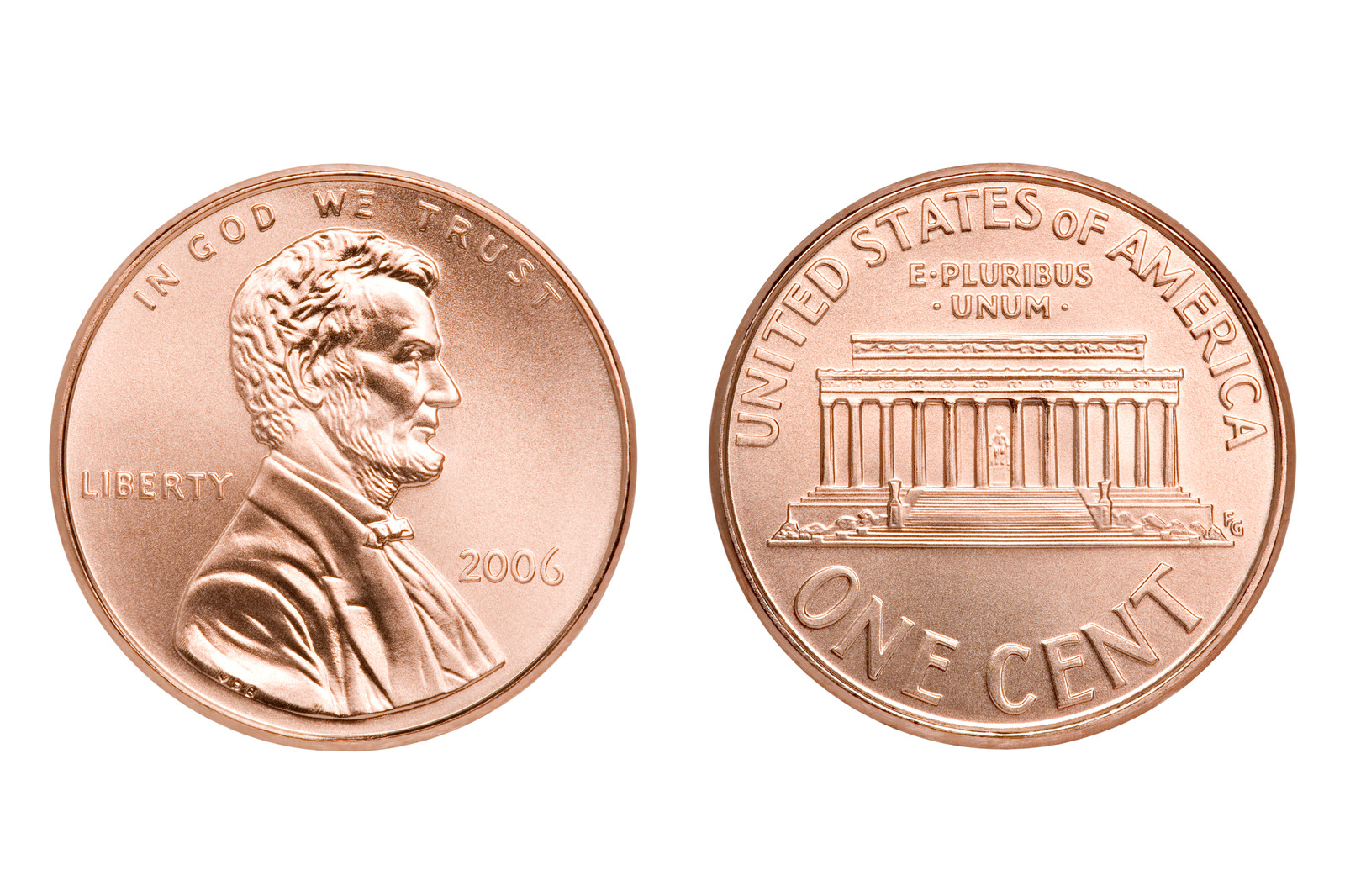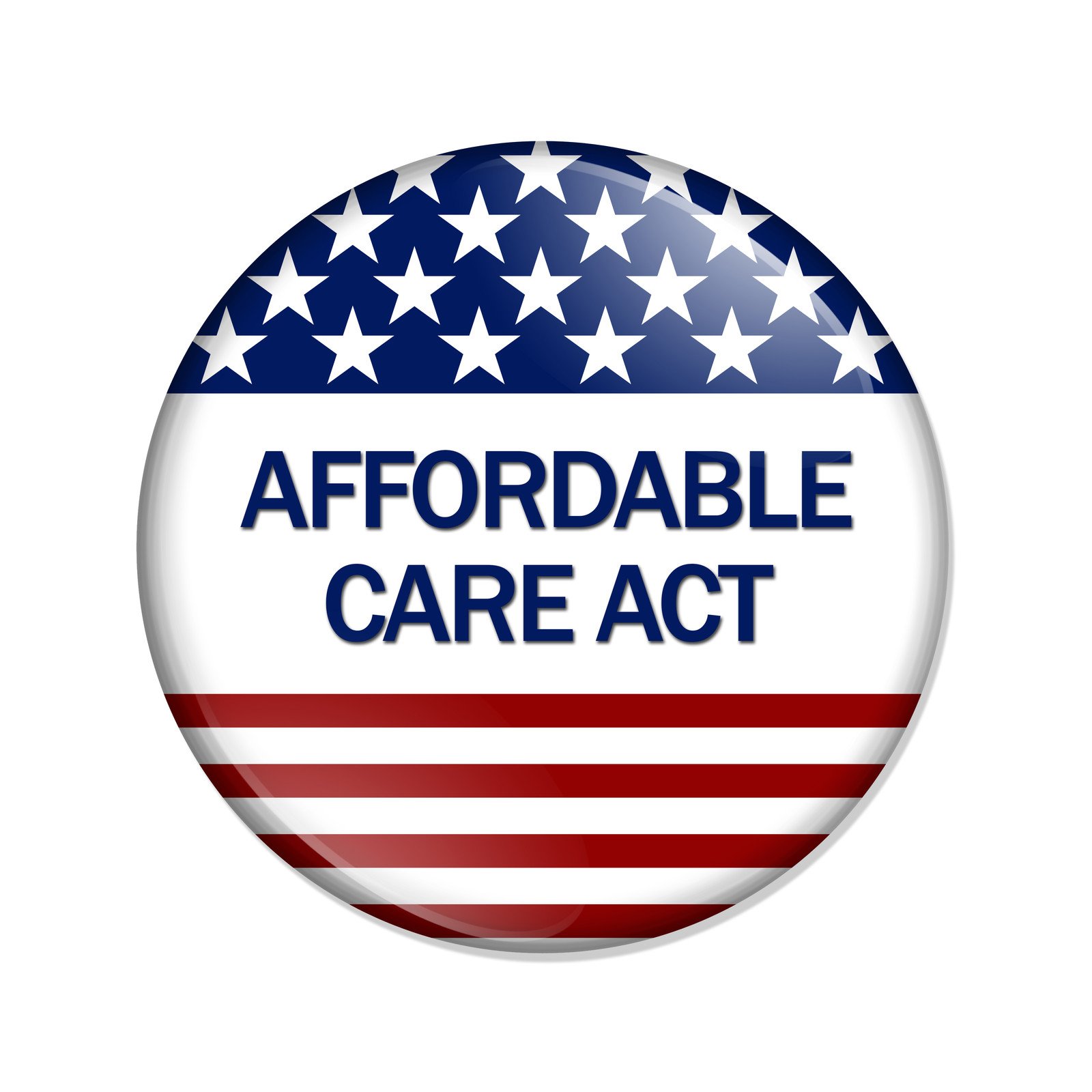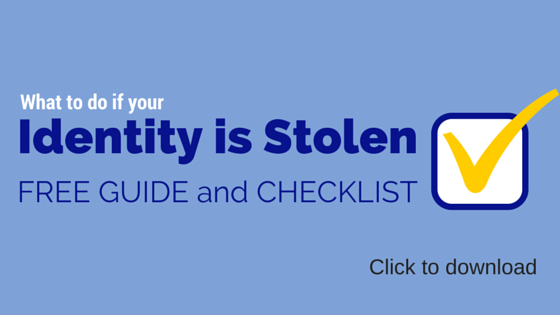Both Sides of the Coin: What you need to know if you issue or receive 1099 forms
Zinner & Co. Taxes - Corporate & Business , Taxes - Individual , Richard Huszai, CPADeep into February, I begin to receive two very common questions:
The Internal Revenue Service (IRS) has begun issuing Identity Protection PINs (IP PINs). The IP PIN is a unique, six-digit number that is assigned annually to victims of identity theft (whose cases have been resolved) for use when filing their federal tax return. An IP PIN helps the IRS verify a taxpayer's identity and accept their electronic or paper tax return.
When a taxpayer has an IP PIN, it prevents someone else from filing a tax return with their social security number (SSN) as the primary or secondary taxpayer (spouse).
Forget the Cards, Candy and Flowers - What your CPA really wants to see in February
Zinner & Co. Taxes - Planning, Rules and ReturnsMany business owners stress over gathering receipts, recalculating figures and some even lose sleep over filling out their tax yearly organizer. But did you know, there are five things your CPA really wants to see when you submit your information so that he or she can start to work on your taxes? Let’s take a look...
Thinking about and actually forming an estate plan is not an easy task. Most people will admit putting off the process because they do not want to think about death. But, if you look at estate planning as an action of love, you may begin to see it from another perspective.
What many do not consider unless they have dealt with it first hand is that being a widow or executor is equally, if not more difficult, to deal with. Not only are they forced to sift through many financial and legal documents, but also grieve while doing so. I was once an executor for a client who passed away with no family members other than a niece that lived several hours away. His financial records were a mess.
As you can imagine, it was quite the process of collecting his records and figuring out who to contact for his life insurance and retirement accounts and identifying all of his assets. As the executor, part of my job was to locate, collect, and distribute his assets to his friends and family members as his Will stated, but how could I be certain all of his assets were actually collected? One Saturday, with his niece, we drove to every bank in the area and asked if he had an account. We found two safety deposit boxes, one checking account, and two CDs we had no idea he had (all at different banks).
A simple document can assist in making the process far easier. I like to refer to it as a love letter, others may call it a letter of instruction. This could be the most appreciated letter you ever write.
Simply, it is a letter to your spouse, executor, and beneficiaries that includes, but is not limited to, a list of your estate planning documents and brief description, list of your assets (including bank accounts, life insurance, retirements accounts, etc), and identify and provide contact information for your advisors (accountant, attorney, investment).
The amount of information you could include in this instructional letter is endless. Consider also your social media and email usernames and passwords. Most companies have very strict policies about who can access an account after death.
Would you want your Facebook or email account closed after you pass? If so, providing your usernames and passwords, with your wishes, ensures all accounts will be closed or updated as you desire. Let’s not forget about your mortgage, credit cards, car loan, student loan, Section 529 plan, and human resource contact information at your employer.
Estate planning can be confusing. We are available to help you plan so your future, and those of your loved ones, is solid and secure. Please feel free to contact us at info@zinnerco.com or 216-831-0733.
9 Exceptions to the IRA Early Withdrawal Penalty
Zinner & Co. Tax Department Retirement Planning & IRAsAlmost all of us put money into some type of retirement plan with the goal of one day being able to retire and live comfortably.
Sometimes, though, you find yourself in need of a little extra money for things such as attending college, buying a home, assisting with medical expenses, and the list goes on. So, you decide to take an early IRA distribution to help pay for these expenses. While these are all very important and necessary expenses, understand that once a distribution has been made from an IRA, a taxable event has occurred.
Taxable Event - What it will cost you
In addition to paying income tax on the distribution, there may be an additional 10% penalty on an early distribution that could apply to taxable distributions made before one reaches age 59 ½. Fortunately, there may be some good news; there are a number of circumstances that can result in an exception to the 10% penalty.
Let's take a look at the exceptions to the 10% IRA withdrawal penalty for a distribution prior to age 59 ½ and the circumstances that must occur :
From IRS.gov
Return Preparer Fraud Is on the IRS Annual “Dirty Dozen” List of Tax Scams to Avoid During the 2016 Filing Season
WASHINGTON — The Internal Revenue Service today warned taxpayers to be on the lookout for unscrupulous return preparers, one of the most common “Dirty Dozen” tax scams seen during tax season.
About Us

Since 1938, Zinner has counseled individuals and businesses from start-up to succession. At Zinner, we strive to ensure we understand your business and recognize threats that could impact your financial situation.
Recent Blog Posts
Categories
- 1031 Exchange (2)
- 401k (2)
- 529 plan (4)
- ABLE Act (1)
- account systems (3)
- accounting (8)
- Affordable Care Act (8)
- alimony (2)
- American Rescue Plan Act (1)
- Ask the Expert (5)
- Audit and Assurance Department (13)
- audits (8)
- Bank Secrecy Act (1)
- banks (1)
- Barbara Theofilos (6)
- Beneficial Ownership Information (1)
- Bitcoin (1)
- block chain (2)
- BOI (3)
- Bookkeeping (1)
- Brett W. Neate (28)
- budgets (1)
- Bureau of Worker's Compensation (12)
- Business - Management, Issues & Concerns (50)
- business income deduction (3)
- business succession (7)
- business travel expense (3)
- business valuation (5)
- capital gains (2)
- careers (7)
- cash flow (2)
- Child Tax Credit (2)
- Chris Valponi (8)
- City of Cleveland (1)
- Cleveland COVID-19 Rapid Response Fund (1)
- Cleveland Rape Crisis Center (2)
- college (3)
- Community (24)
- Compliance (1)
- Coronavirus (24)
- Corporate Transparency Act (1)
- COVID-19 (30)
- Credit card fraud (5)
- credit reporting (2)
- cryptocurrency (2)
- CTA (2)
- cybersecurity (16)
- dead (1)
- DeAnna Alger (6)
- death (2)
- debt (4)
- deductions (14)
- Deferring Tax Payments (4)
- Department of Job and Family Services (2)
- depreciation (1)
- Digital Tax Payment (1)
- divorce (4)
- DOMA (3)
- Economic Impact Payments (2)
- Economic Injury Disaster Loan (4)
- education (8)
- EIDL (1)
- electronic filing (4)
- Electronic Tax Payments (2)
- Emergency Working Capital Program (1)
- employee benefit plan auditor (1)
- Employee Leave (2)
- Employee or Independent Contractor (6)
- Employee Retention Credit (3)
- employment (2)
- ERC (3)
- Eric James (8)
- Estates, Gifts & Trusts (48)
- expenses (5)
- Families First Coronavirus Response Act (2)
- FASB (1)
- FBAR (1)
- FDIC coverage (1)
- Federal Assistance (4)
- filing (3)
- financial planning (8)
- Financial Planning - College (9)
- financing (3)
- Firm news (119)
- first responders (1)
- FMLA (1)
- foreign assets (3)
- fraud (38)
- FSA (1)
- fundraising (9)
- Gabe Adler (1)
- gift tax (5)
- HDHP (2)
- health care (3)
- home (2)
- home office (1)
- Howard Kass (2)
- HRA (1)
- HSA (5)
- identity theft (32)
- income (1)
- income tax (57)
- independent contractor (1)
- Inflation (1)
- Insurance (7)
- internal control (4)
- international (2)
- Intuit (1)
- investments (4)
- IRS (88)
- jobs (5)
- John Husted (1)
- K-1 (1)
- Laura Haines (3)
- Layoff (2)
- Layoffs (1)
- leadership (3)
- lease accounting standards (1)
- life insurance (1)
- LLC (3)
- Loans (2)
- longevity income annuities (1)
- Lorenzo's Dog Training (1)
- Magic of Lights (1)
- management advisory (3)
- manufacturing (2)
- Matt Szydlowski (3)
- medical (7)
- Medicare (2)
- mergers and acquisitions (1)
- Mike DeWine (2)
- Millennial Concepts (2)
- minimum wage (1)
- NAIOP (1)
- National Defense Act (1)
- non-profit reporting (10)
- non-profits (38)
- not-for-profit (26)
- ODJFS (1)
- office (1)
- ohio (13)
- Ohio business owners (18)
- Ohio Department of Jobs and Family Services (3)
- Ohio Department of Taxation (3)
- Ohio Incumbent Workforce Training Voucher Program (1)
- Online Tax Payment (3)
- Operations (2)
- OPERS (1)
- owners of foreign entities (1)
- partnerships (5)
- passwords (1)
- Paycheck Protection Program (9)
- payroll (8)
- penalties (3)
- pension (2)
- personal finance (2)
- planning (4)
- ppp (7)
- Productivity (5)
- Qualified Business Income (1)
- quickbooks (10)
- real estate (14)
- record retention (2)
- records (2)
- Reporting (1)
- Republican National Convention (1)
- Retirement Planning & IRAs (53)
- Richard Huszai, CPA (5)
- RITA (1)
- Robin Baum (6)
- RRF (1)
- S Corporation (1)
- SALT (8)
- SBA (8)
- scams (12)
- SECURE 2.0 Act (1)
- security (6)
- SharedWorks (1)
- Shutdown (3)
- Silver Linings (9)
- simplified employee pension (1)
- Small Business (5)
- SMB (12)
- Social Media (1)
- social security (4)
- Speaker Series (2)
- spouse (1)
- start ups (8)
- Stay at Home Order (3)
- Steven Mnuchin (1)
- Sue Krantz (6)
- SVOG (1)
- tangible property (1)
- tax (27)
- tax avoidance (12)
- Tax Credit (7)
- Tax Cuts and Jobs Act of 2017 (31)
- Tax Exempt (1)
- Tax Holiday (1)
- Tax Interns (2)
- tax services (28)
- taxes (45)
- Taxes - Corporate & Business (104)
- Taxes - Individual (117)
- Taxes - Planning, Rules and Returns (188)
- TechCred (1)
- technology (7)
- The CARES Act (6)
- The SOURCE (1)
- tiag (3)
- transaction advisory (2)
- Treasury Department (5)
- tuition (3)
- U.S. Department of the Treasury (1)
- U.S. Small Business Administration (6)
- Unclaimed Funds (1)
- Unemployment Benefits (4)
- withdrawls (2)
- withholding (6)
- Workers Comp Billing Changes (1)
- Zinner & Co. (32)
- Zinner News (30)










